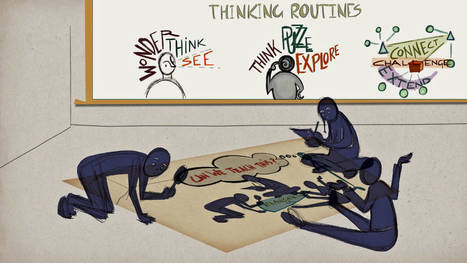What is professional development? It is pretty much anything that helps one develop professionally. At the heart, professional development is about growth and learning. In the field of education, it seems like many quickly think of educational opportunities that mimic what they see in their schools. As a result, they turn professional learning and education into schooling. The problem with that is that schooling is too limiting. In this age, there are many other exciting and high-impact learning opportunities for teachers that extend beyond traditional notions of schooling. When we hear the phrase “professional development,” certain practices likely come to mind, things like in-services and conferences. In the digital age, there are countless other opportunities for professional development and restricting one’s thoughts to just a few options limits our insight into what is possible for our students. With that in mind, here is a brainstorm of 20 options available to educators today. This is far from an exhaustive list, but it is enough to start exploring the possibilities. Feel free to suggest others in a comment to this post.
Learn more:
Professional Development: WHY EDUcators And TEACHers Can’t Catch UP THAT Quickly AND How-To Change It
LEARNing To LEARN For MY Professional Development | I Did It MY Way
Via Gust MEES, Dean J. Fusto, Mark E. Deschaine, PhD



 Your new post is loading...
Your new post is loading...


















